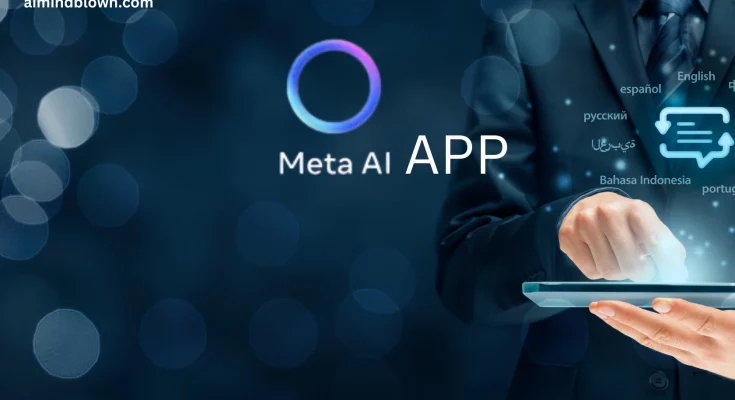Introduction
Meta, the social media giant led by CEO Mark Zuckerberg, is making significant strides in the field of artificial intelligence (AI). With plans to unveil a standalone Meta AI app in the second quarter, the company aims to position itself as a leader in AI technology, outpacing competitors like OpenAI and Alphabet. This article explores the implications of this development, including features, potential monetization strategies, and how Meta intends to enhance user experience.
What is Meta AI?
Launched in September 2023, the Meta AI is a generative AI-powered digital assistant designed to provide users with tailored responses and create images based on user prompts. Initially integrated within existing platforms such as Facebook, Instagram, WhatsApp, and Messenger, the AI chatbot has quickly become a focal point for showcasing Meta’s technological capabilities.
- Current Features: Offers generative responses and engages users across Meta’s apps.
- Launch Date: The standalone app is set to debut in the second quarter.
- Projected User Base: Aimed at reaching over 1 billion users by the end of this year.
The Vision Behind the Standalone Meta AI App
CEO Mark Zuckerberg has outlined a vision to make Meta AI a highly intelligent and personalized assistant for users. The introduction of a standalone app will provide several benefits that distinguish it from existing options:
- Enhanced Personalization: Users will have the ability to organize and customize their interactions with the AI.
- Cross-Platform Compatibility: The app aims to function seamlessly across various devices, including smartphones and emerging tech like Ray-Ban smart glasses.
- Improved User Engagement: A separate app may facilitate deeper and more interactive engagement with the digital assistant, beyond the capabilities of a web page.
Monetization Strategies
As Meta positions itself for growth in the AI sector, it is also looking into monetization opportunities that could stem from its AI offerings. According to Susan Li, Meta’s finance chief, the company is exploring several strategies:
- Subscription Services: Plans to launch a paid subscription model for Meta AI, drawing inspiration from OpenAI’s ChatGPT.
- Paid Recommendations: Potential for paid features that enhance user experience and provide more tailored suggestions.
- Premium Offerings: Development of premium features accessible only to paying users, creating an additional revenue stream.
Comparative Analysis with Competitors
In the competitive landscape of AI technologies, it’s important to examine how Meta AI stacks up against other platforms:
- ChatGPT: Currently the most popular AI assistant with widespread app downloads.
- Google Gemini: Recently introduced as an individual app, offering users a dedicated experience.
- xAI Grok: Another new contender that has launched a dedicated app for its users, supporting enhanced engagement.
Meta’s integration of its AI capabilities across existing apps has generated considerable interest, but the transition to a standalone app could define its future trajectory in the AI race.
Current Performance Metrics
As of January 2024, Meta AI has approximately 700 million active monthly users, demonstrating a remarkable rise from 600 million in December. Despite its high user engagement, Meta AI has faced challenges in competing directly with standalone applications:
- Website Traffic: The standalone website currently sees less than 10 million views per month.
- Usage Patterns: WhatsApp is the primary platform for Meta AI usage, followed by Facebook.
This data highlights the significance of launching a dedicated application to enhance user accessibility and interaction.
Challenges Ahead
While the launch of a standalone Meta AI app brings potential, it also presents several challenges:
- Market Differentiation: Standing out in a crowded marketplace filled with advanced AI solutions.
- User Retention: Encouraging users to switch from established platforms like ChatGPT and Gemini.
- Resource Allocation: Balancing development efforts with Meta’s other projects to maintain product quality and innovation.
Conclusion
The introduction of the Meta AI standalone app represents a significant milestone for Meta as it seeks to leverage its AI technologies to captivate a global audience. With a focus on personalization and user engagement, Meta plans to position itself as a formidable player in the AI landscape. However, it needs to effectively address user expectations, competition, and potential monetization strategies to ensure success. As we anticipate the app’s in second quarter, the coming months will be critical in shaping the future of Meta’s AI ambitions.



